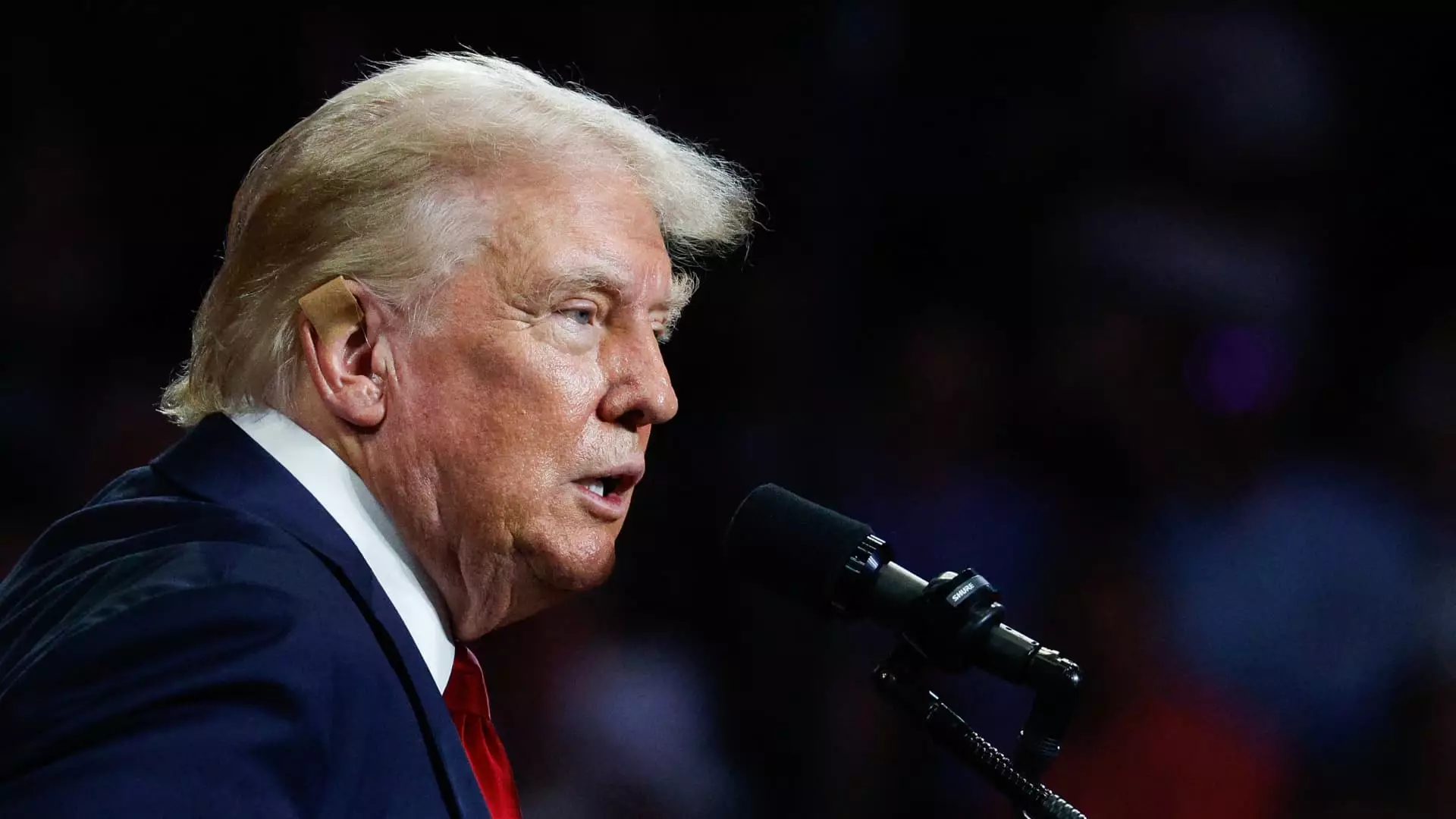Former President Donald Trump’s recent keynote speech at the Bitcoin Conference in Nashville, where he hinted at a potential U.S. Bitcoin strategic reserve currency, fell short of offering a groundbreaking solution. While Trump’s proposal to maintain the current level of Bitcoin holdings acquired from financial criminals is a step in the right direction, it lacked the innovation needed to propel the U.S. into a leadership position in the cryptocurrency space.
Trump’s reluctance to commit to establishing a substantial Bitcoin reserve, unlike third-party presidential candidate Robert F. Kennedy Jr., highlights a lack of ambition in leveraging the benefits of cryptocurrencies. Kennedy’s proposal to establish a 4 million Bitcoin strategic reserve to match the country’s gold reserves demonstrates a vision for the future that Trump’s plan lacks.
The prospect of creating a U.S. Bitcoin strategic reserve faces significant hurdles, including the need for new legislation and congressional approval. While Senator Lummis of Wyoming has shown support for such an initiative, passing legislation to establish a reserve would likely require a Republican sweep in the upcoming elections, complicating the process further.
The proposal to fund a Bitcoin reserve with existing Treasury Department funds, including tax revenue, raises questions about the financial implications for taxpayers. As additional Bitcoin purchases would be necessary to build the reserve, the burden on taxpayers to support this initiative could detract from other essential investments and priorities.
The establishment of a U.S. Bitcoin strategic reserve would undoubtedly have far-reaching implications for the cryptocurrency market and the global economy. Such a move could legitimize Bitcoin as a mainstream asset class, potentially leading to increased adoption by institutional investors and governments worldwide.
While the idea of a U.S. Bitcoin strategic reserve is intriguing, it requires a more comprehensive strategy to address the complexities involved. This includes considering the impact on market dynamics, regulatory frameworks, and international relations to ensure that such an initiative is successful in the long term.
While the proposal for a U.S. Bitcoin strategic reserve currency is a step in the right direction, it falls short of offering a transformative solution to leverage the full potential of cryptocurrencies. Addressing the challenges and opportunities associated with establishing a reserve will require innovative thinking, comprehensive planning, and collaboration across government and industry stakeholders.


Leave a Reply